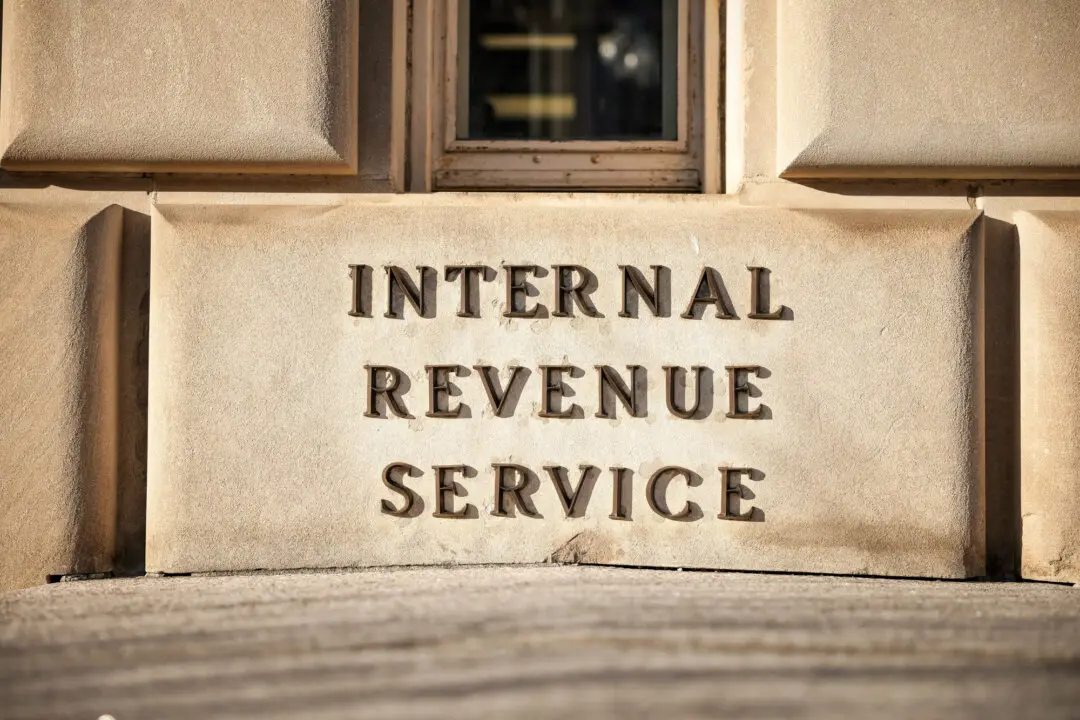Commentary
President Joe Biden came into office promising to repeal President Donald Trump’s 2017 Tax Cuts and Jobs Act—a law that turbocharged U.S. job growth and national competitiveness. In the first two years of the Biden administration, there was a chance that the president could have succeeded in undermining the law.






